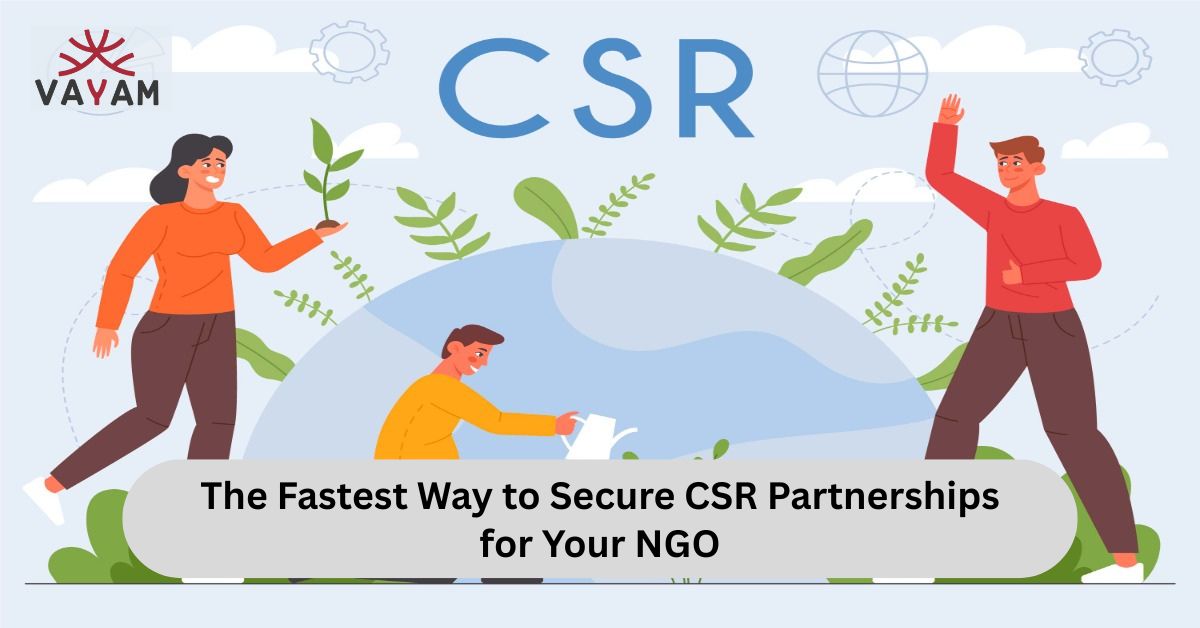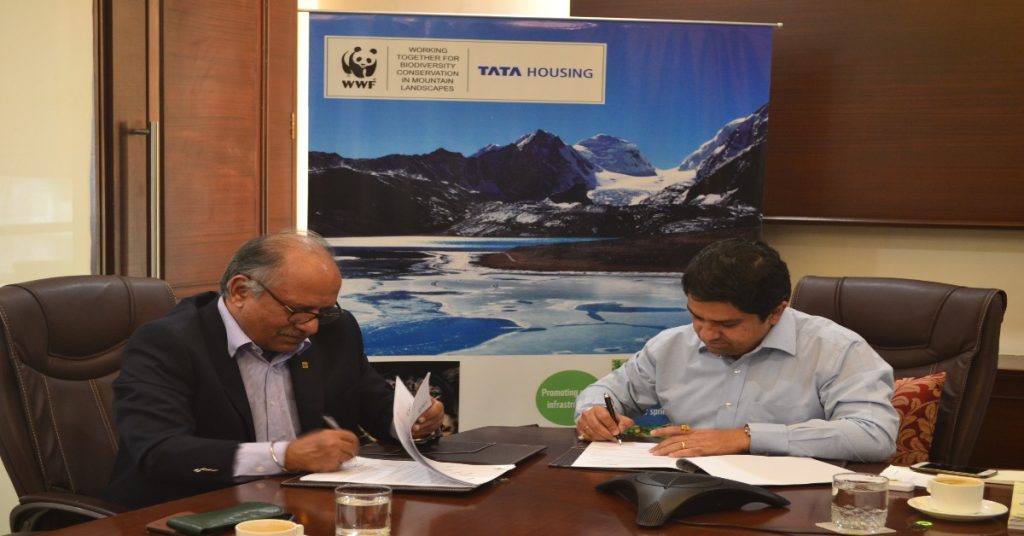
Securing Corporate Social Responsibility (CSR) partnerships can be a game-changer for non-governmental organizations (NGOs). With the right approach, NGOs can tap into the resources and expertise of corporations, amplifying their impact and reach. In this blog, we’ll explore the fastest way to secure CSR partnerships for your NGO.
Understanding CSR Partnerships
CSR partnerships are collaborations between corporations and NGOs that benefit both parties. Corporations fulfill their social responsibility obligations, while NGOs gain access to resources, expertise, and funding. To secure such partnerships, NGOs need to understand the CSR landscape, identify potential partners, and develop a compelling proposal.
Identifying Potential CSR Partners
To identify potential CSR partners, NGOs should research corporations that align with their mission and values. This can be done by:
- Analyzing CSR reports and annual reports of corporations
- Reviewing industry trends and news
- Utilizing online directories and databases, such as the CSR Journal’s CSR Awards database
- Networking with other NGOs and CSR professionals
Developing a Compelling Proposal
A compelling proposal is essential to securing CSR partnerships. The proposal should:
- Clearly articulate the NGO’s mission, goals, and impact
- Outline the benefits of the partnership for the corporation
- Provide a detailed project plan, including timelines and budgets
- Highlight the NGO’s expertise and capabilities
Building Relationships with CSR Managers
Building relationships with CSR managers is crucial to securing CSR partnerships. NGOs can do this by:
- Attending industry events and conferences
- Engaging with CSR managers on social media
- Offering exclusive networking opportunities
- Providing value-added services, such as research or expertise
Creating a Strong CSR Proposal Template
A strong CSR proposal template can help NGOs streamline their proposal development process. The template should include:
- Executive summary
- Project overview
- Goals and objectives
- Budget and timeline
- Monitoring and evaluation plan

Measuring the Success of CSR Partnerships
Measuring the success of CSR partnerships is essential to ensuring the partnership’s impact and sustainability. NGOs can measure success by:
- Tracking project outcomes and impact
- Conducting regular monitoring and evaluation
- Gathering feedback from stakeholders
- Reporting on the partnership’s progress and impact
Challenges and Opportunities in CSR Partnerships
They come with their own set of challenges and opportunities. Some of the challenges include:
- Competition for CSR funding
- Aligning NGO goals with corporate objectives
- Managing stakeholder expectations
Opportunities include:
- Access to new funding streams
- Enhanced credibility and reputation
- Increased impact and reach
Best Practices for Securing CSR Partnerships
Some best practices for securing CSR partnerships include:
- Developing a clear and concise proposal
- Building strong relationships with CSR managers
- Providing value-added services
- Measuring and reporting on impact
Case Study: Successful CSR Partnership
The partnership between Tata Housing and the World Wildlife Fund (WWF) is a successful example of a CSR partnership. The partnership aimed to promote sustainable development and conservation of natural resources. The partnership resulted in significant impact, including the conservation of over 1,000 hectares of forest land.

People Also Ask Questions
Q: What are the benefits of CSR partnerships for NGOs?
A: CSR partnerships can provide NGOs with access to funding, expertise, and resources, enabling them to amplify their impact and reach.
Q: How do I identify potential CSR partners for my NGO?
A: You can identify potential CSR partners by researching corporations that align with your mission and values, analyzing CSR reports, and networking with other NGOs and CSR professionals.
Q: What makes a strong CSR proposal?
A: A strong CSR proposal should clearly articulate the NGO’s mission, goals, and impact, outline the benefits of the partnership for the corporation, and provide a detailed project plan.
Q: How do I measure the success of CSR partnerships?
A: You can measure the success of CSR partnerships by tracking project outcomes and impact, conducting regular monitoring and evaluation, gathering feedback from stakeholders, and reporting on the partnership’s progress and impact.
Q: What are some best practices for securing CSR partnerships?
A: Some best practices for securing CSR partnerships include developing a clear and concise proposal, building strong relationships with CSR managers, providing value-added services, and measuring and reporting on impact.
Read More
The 1 Funding Mistake NGOs Make When Seeking CSR Funding (And How to Fix It)
Apply Online for CSR Funding: Step-by-Step Guide
Corporate Social Responsibility Guide: Best Practices, Implementation Strategies, and Reporting Frameworks
Conclusion
Securing CSR partnerships can be a game-changer for NGOs. By understanding the CSR landscape, identifying potential partners, developing a compelling proposal, building relationships with CSR managers, and measuring the success of partnerships, NGOs can tap into the resources and expertise of corporations, amplifying their impact and reach.
